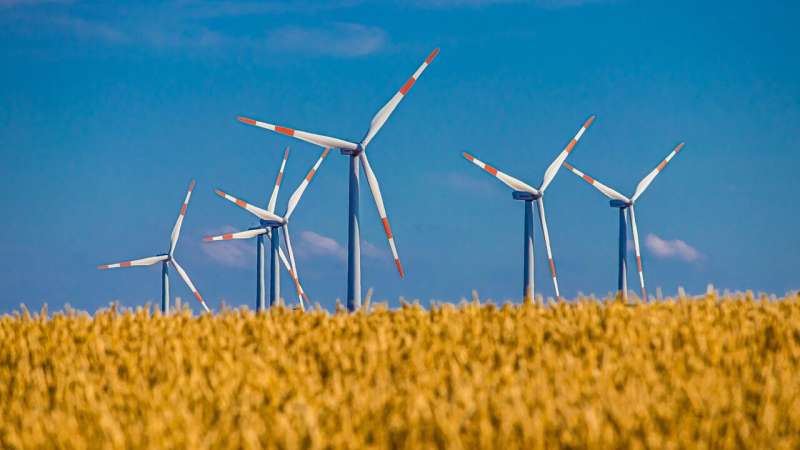South Africa is at a critical juncture in its energy transition, grappling with the decision to pursue gas or prioritize renewable energy sources like solar, wind, and green hydrogen. This article delves into the nuanced debate, highlighting the advantages of renewable energy and the risks associated with large-scale gas development in the country.

Renewable Energy – A South African Strength
A Green Energy Transition leader on the global stage: South Africa has a plethora of renewable energy resources that are largely untapped and could place it in pole position to fully harness its potential. The country is well suited to produce green hydrogen and other renewables having the climate commodities and natural resources inside the territory.
If the government can achieve its renewable energy target, it can turn South Africa into a darling for global investment and put as many as 94 000 more people to work than the gas sector. In addition, renewable energy combined with battery storage solutions can represent a clearer and more sustainable replacement for gas for peak grid services, rendering it the logical choice for our national security future.
The Risks and Uncertainties of Gas: Stranded Assets & Geo-Political Vulnerabilities
Unlocking large-scale gas in South Africa comes with high risks and possible stranded assets. Given the ramp-up in the use of renewable energy and green hydrogen globally, the development of gas infrastructure will not be able to realize a return on investment. That could waste time, money and set back the country on a path towards sustainable energy in the future.
Furthermore, gas supply in South Africa remains uncertain evidenced, the TotalEnergies withdrawal from the Brulpadda-Luiperd future Gas condensate project due to complexities. In addition, South Africa will become dependent on gas imports from Mozambique (from the Pande-Temane gas fields beyond Maputo where violent extremism is also undermining stability) making it vulnerable to geopolitical risk and potential supply disruption.
Alignment with Climate and Sustainable Initiatives
In a contradictory move, South Africa has committed to achieving the target set out by the Paris Agreement and zero greenhouse gas emissions by 2050, while also maintaining its gas projects in operation until at least that year. Further afield, the EU’s carbon border adjustments and climate neutrality targets will expand their impact into SA’s export industries, which again only serves to emphasise why renewable energy has ascended the priority list.
In addition, the Government’s own Presidential Climate Commission has stated that renewable energy together with significant storage builds as much renewable capacity as fast as possible is the right way to go and using gas for peaking power will prove very expensive in dollars. South Africa should therefore do well to take this advice on and ensure more significant investments in large-scale renewable projects, leading towards a future of cheap and abundant renewable energy sources.
